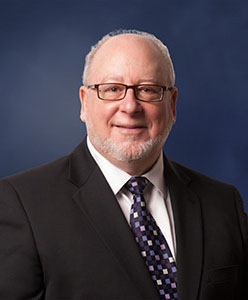The permanent release of a nondebtor from a debt owed to a third party in a chapter 11 plan is barred per se in some courts and must meet a high standard to be allowed in others. The U.S. Bankruptcy Court for the District of Colorado in In re Midway Gold US Inc.
Sites Committee
Committees
Circuits are split on the issue of whether bankruptcy courts can confirm plans containing non-consensual third-party releases. Historically, the split involved the application of Bankruptcy Code § 105 or 524. Recently, however, a few secured creditors have relied on Stern v.
[1]Most restructuring lawyers see “tax” and immediately run for help from specialists down the hallway or maybe at other firms. That’s the right thing to do, and we tax lawyers appreciate the job security.
We are excited to announce that the Technology and IP Committee is broadening and redefining its scope. In connection with these efforts to remain progressive in an ever-changing innovative and technological world, the committee is now rebranded as the Emerging Industries and Technology Committee.
Lawyers, due to their risk-adverse nature, are commonly thought of as slow to adopt technology. Perhaps this perception has led to a slower development of the use of artificial intelligence (AI) in the legal industry when compared to other industries like the medical field, where AI is increasingly used for medical diagnostics and robotic surgical systems.
[1]Fee applications are an inescapable aspect of bankruptcy practice.
In Levin v. Verizon Bus. Global LLC (In re OneStar Long Distance Inc.),[1] the U.S.
It is no secret that the IRS and other taxing authorities do well in bankruptcy, often at the frustration of both debtors and general unsecured creditors. For debtors, tax claims frequently are nondischargeable. For general unsecured creditors, IRS claims are entitled to higher priority.
Editor's Note: This article was originally published in the January 2018 edition of the Global Restructuring Review (GRR).
In December, 2016, the executive committee of ABI’s Board of Directors created the ABI Commission on Consumer Bankruptcy. The Commission is comprised of seventeen members charged with examining the consumer bankruptcy system and delivering a report in December 2018 with recommended improvements.









